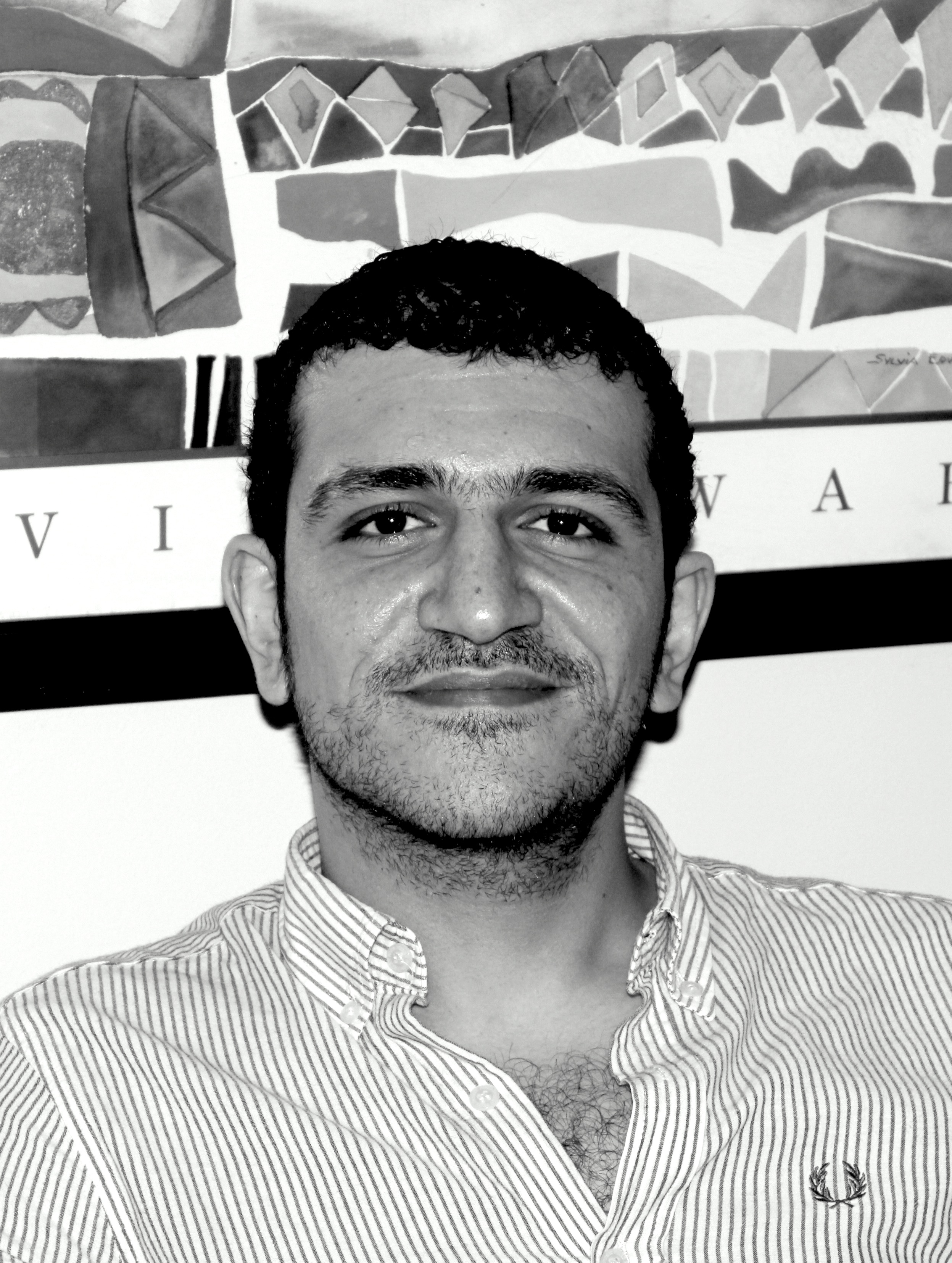If you’ve lived in Egypt long enough, you probably know that the police force is colloquially dubbed “the government.” It is the first arm of the government encountered by citizens in their daily lives.
For as long as I’ve lived, there has always been a mutual sense of resentment, animosity and even contempt between the police and the people. We’re all familiar with the sentiment, and we’ve lived our entire lives with the notion that the police are not on our side. Going to the police for help is almost always a last resort; we exhaust every possible alternative option in resolving our day-to-day issues before we turn to the police.
One doesn’t need to delve deeply to pinpoint the underlying cause of the problem; the inexistence of trust between the citizen and the government is evident across all aspects of life in Egypt. With the police always at the frontlines of society’s disputes and violence, it is only natural that we possess this irresistible sense of hostility.
Add to that the incalculable number of human rights violations committed by the infamous State Security Investigations Service (Amn al Dawla) and its indoctrinated creed of merciless torture that led to the death of countless numbers of Egyptians, you find more than justifiable grounds to abhor the police.
The eruption of the revolution brought to the surface a volcano of hatred that’s been bottled up by so many people for so long. The police force was shell-shocked by the sheer fearlessness and perseverance of protestors, the once-impregnable fortitude of the state’s internal security apparatus was finally broken, and their attitude has continued to recoil ever since.
During the most recent bout of public anger that followed Morsy’s constitutional decree in November, there was a noticeable shift in the attitude of the police force, for the first time they took a rather defensive position. Surely they held their ground, but their approach seemed to lean more towards self-preservation rather than containment or neutralisation of the protests. Indeed their focus was more on avoiding clashes with demonstrators than deterring them.
This shift is indicative of a profound dynamic. The police force’s top brass began to realise that their best interest lies not in blindly supporting whoever was in power, but instead with the people. So surprising was the change in tack that they were accused of complicity with the protestors by figures in the government.
Today’s police force is more fragmented than ever, stuck between a rock and a hard place. On the one hand, the faction they targeted and imprisoned for the previous half a century is now in power, which is psychologically unsettling to the majority of the force, from their top command to the rank and file.
On the other hand, they are despised more than before by the people, now that they’ve lost their sense of authority they once had before the revolution. The police are in a state of utter perplexity as to their role and purpose.
The most telling aspect of this confusion can be sensed if you listen to their stories. If you have a friend or a relative who ranks a lieutenant or higher, someone in charge of a team, ask him about their morale and psychological welfare, you will be surprised at the damage.
This is the body that is supposed to be maintaining safety and security in the country. It is the vital state component without which the sense of stability, so desperately needed for foreign investment, will simply not materialise.
With the forthcoming austerity measures that must be imposed to meet the IMF loan prerequisites, including tax hikes and devaluation of the pound, the situation is likely to get even worse. As redundancy, inflation and poverty continue to blight the lives of the most vulnerable in society, so the crime rate will rise as those with nothing to lose try to get by. Looking at the disturbing state of our internal security forces, we must ask hard questions about our ability to withstand such a rise in crime.


